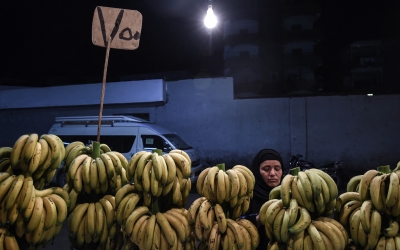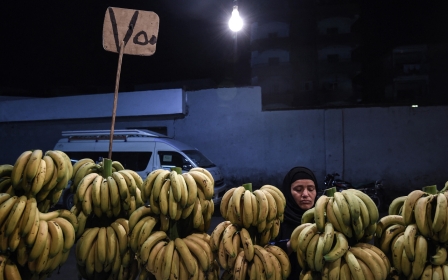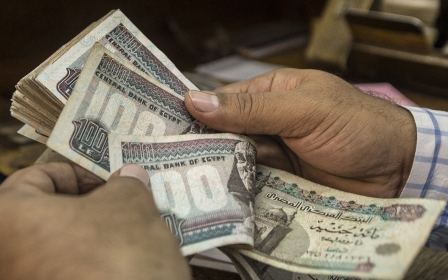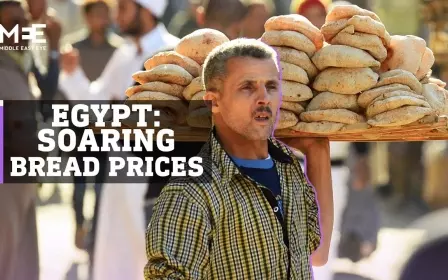Egypt: Rights groups call on IMF to demand sweeping reforms over any new loan deal
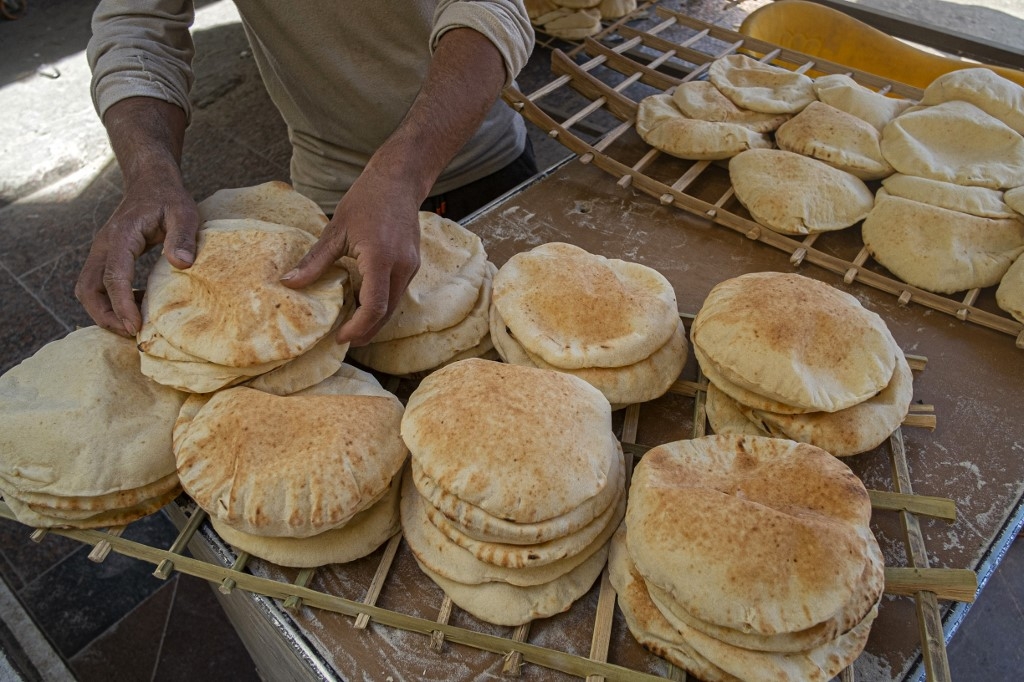
The International Monetary Fund (IMF) should ensure that any new loan programme with Egypt expands social protection, strengthens judicial independence, and addresses corruption and the need for transparency, including for military-owned businesses, seven rights organisations have said.
Last month, Egypt's government formally requested support from the IMF to help mitigate the economic fallout related to Russia’s invasion of Ukraine on 24 February.
Egypt imports nearly 85 percent of its wheat from Russia and Ukraine, with at least 70 million Egyptians relying heavily on bread as a staple food.
"The war in Ukraine is having far-reaching effects on the national economy and nobody knows where things will stop," Huda al-Malah, the head of local think tank International Center for Economic Studies, told MEE last week.
Egypt’s two cash transfer programmes Takaful (“Solidarity”) and Karama (“Dignity”) cover only about 11 million people, leaving tens of millions living in or near poverty without support even as prices, particularly for food, have dramatically increased.
The groups, which include The Freedom Initiative, The Tahrir Institute for Middle East Policy and the Cairo Institute for Human Rights Studies, said that expanding the coverage and benefits of the programmes was especially important as the government undertakes measures that they said particularly hurt low-income people.
In August, President Abdel Fattah el-Sisi announced that the country's decades-old bread subsidy programme, which approximately 70 million Egyptians rely on, would be reduced
The government also last July reduced subsidies for sunflower and soybean oil by 20 percent, and unblended vegetable oil by 23.5 percent, because of the strain rising subsidies placed on the government’s budget.
'Increasingly vulnerable to external shocks'
Since 2016, the IMF has approved three loans to Egypt, worth a total of $20bn.
However, despite the loans, Sarah Saadoun, senior business and human rights researcher at Human Rights Watch, another of the signatories to the appeal to the IMF, said on Monday that "the IMF has not achieved the reforms needed to meaningfully address the military’s growing and unaccountable role in the economy or to expand the social safety net to adequately protect people’s economic rights.
“Progress on badly needed reforms remains elusive, and millions of Egyptians have been left increasingly vulnerable to external shocks in the global economy,” she added.
The IMF and Egyptian authorities should not agree to any loan programme that further raises the cost of living without dramatically increasing investment in universal social protection programmes to ensure the right to an adequate standard of living, including food for all, the groups said.
Political repression
For decades, the Egyptian military has been allowed to engage in economic activities as a way of reducing the official defence budget.
However, since 2013, when the military took power under President Abdel Fattah al-Sisi, it has effectively replaced the government in awarding contracts and managing public infrastructure.
As part of its focus on corruption, the IMF should make explicit that transparency measures related to state-owned enterprises should be extended to military-owned businesses and it should independently verify that these disclosures are made as part of its reviews, the groups.
The military’s aggressive economic expansion has gone hand-in-hand with increased political repression, including of members of the business elite who are perceived as political opponents, they said.
The groups also said that the IMF should include measures to restore judicial independence in any future arrangements with Egypt, arguing this was key for economic growth and fighting corruption in a country ranked 136 out of 139 countries in the World Justice Project’s Rule of Law Index for 2021.
In its response to Egypt's appeal for support last month, the IMF made little mention of the issues raised by the groups, calling instead for "prudent fiscal and monetary policies will also be needed to preserve macroeconomic stability".
Middle East Eye delivers independent and unrivalled coverage and analysis of the Middle East, North Africa and beyond. To learn more about republishing this content and the associated fees, please fill out this form. More about MEE can be found here.


